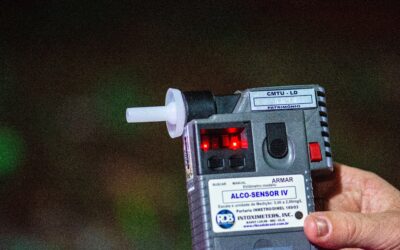Think twice before you post a Facebook album full of photos from your next party. Those captured moments may come back to haunt you.
It may feel like the album — or any posts — are just between you and your friends, but that’s simply not the case.
Which leads us to the question: can social media be used as evidence in court?
The short answer is yes.
You may have heard about the “discovery” phase of a court proceeding. That’s when both the prosecution and defense gather (or “discover”) evidence before a trial. In this super-electronic age, this phase increasingly includes electronic discovery, or “e-discovery.”
So that Facebook album, post, or comment? In legal speak, it’s considered “Electronically Stored Information” and it is susceptible to discovery. Legal teams can even identify potential witnesses by looking at the people with whom you communicate on social networking sites.
While e-discovery is still subject to procedural restrictions and policies like any discovery process, your “private” online information is far from private.
If you have questions about how your online presence could be used against you in court, contact an experienced attorney today.


